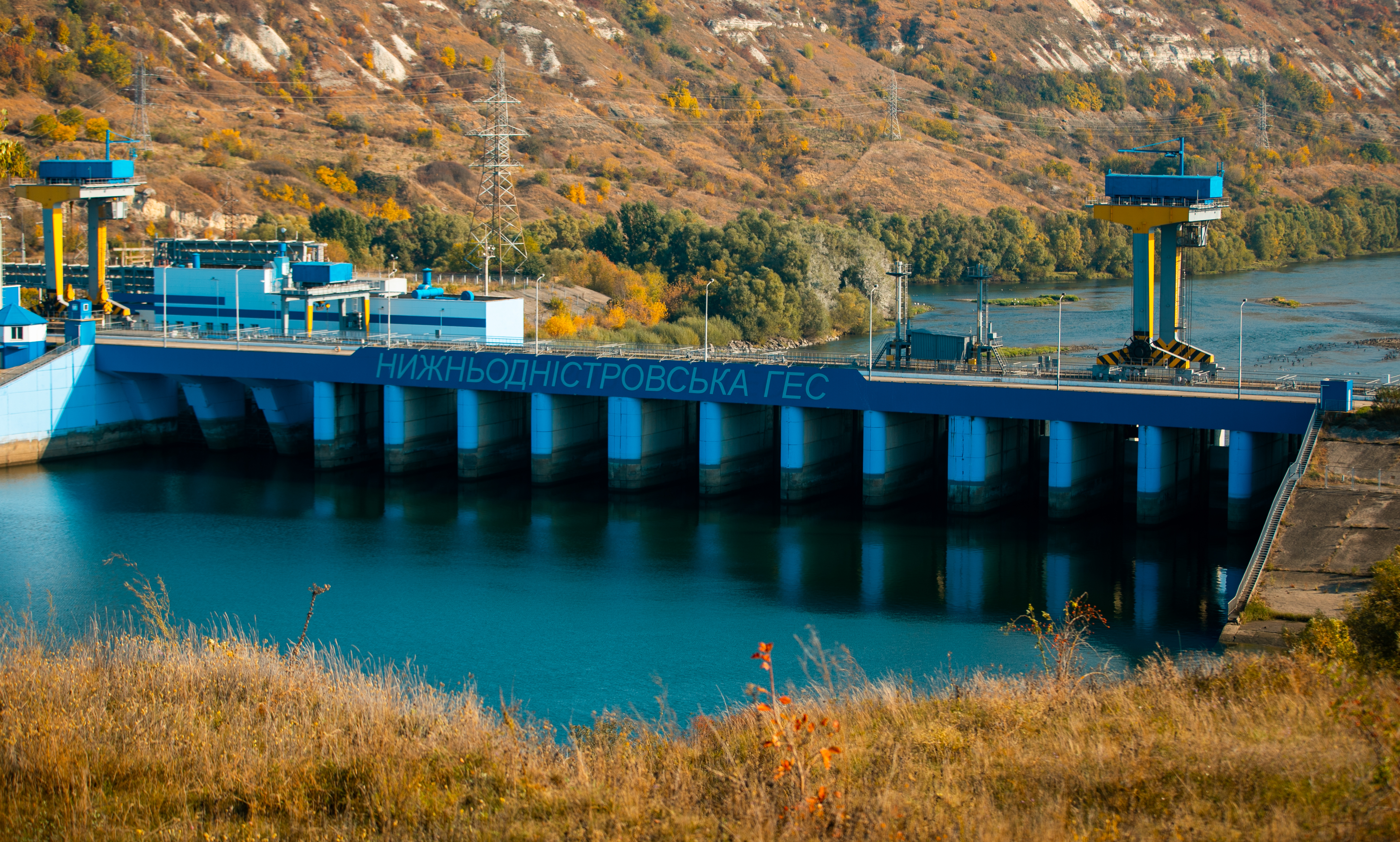The Water Law, adjusted to European standards, is becoming an efficient instrument in managing water resources
December 6, 2023

Due to climate change, Moldova is facing an acute shortage of water, which could have serious consequences for its inhabitants in the coming years. To help the Government tackle this challenge, the UNDP project "Supporting the Moldovan authorities in the sustainable management of the Nistru river" supported the revision of the Water Law, adjusting it to international standards. What major changes in water protection will the new provisions bring? When will people feel those changes? These are the questions addressed to UNDP consultant Nadejda Chilaru and Irina Punga, who contributed to the development of the law during December 2022 – September 2023.
The national water management system is based on the Water Law of December 2011. Why has the norm been revised and what major changes does it bring?
Nadejda Chilaru: The Republic of Moldova is considered a country with limited water resources, the main sources being the Nistru and Prut rivers. Small rivers, besides having low water flows, are also polluted, and 90% of groundwater has a mineralization of over 1.5 g/l. Currently, the water available in the Republic of Moldova is about 500 m3 per inhabitant per year, while the internationally recommended limit is 1700 m3. Moreover, if in a given region the amount of accessible water is less than 1000 m3 per inhabitant, it is classified as a "risk zone". Intense water pollution also threatens human health, biodiversity, and the economy. The lack of clear regulations on water use contributes to budget losses. In addition, Moldova’s status as a candidate country to the European Union obliges us to align our legislation with European directives to ensure the protection and rational management of water resources.
"The lack of clear regulations on water use contributes to budget losses"
What major changes in water protection will the new provisions bring and when those changes will be felt by people?
Irina Punga: Among the most important changes made, we can mention the regulation of the regime of assigning rivers, lakes, or canals in public ownership to use. The law stipulates that they may be assigned to individuals and legal entities only in use, not in ownership. Also, the commissioning can be made following a transparent public auction, and the revenues will be transferred to the local or state budget, as per the situation. These provisions aim at efficiently capitalizing on water bodies as indivisible assets and collecting revenues obtained from the allocation of water resources for the state budget.
The revision of provisions on general and special water use was also an important step in removing existing ambiguities. The new provisions establish that general use involves the abstraction of groundwater or surface water without the use of installations and only the use of installations of small capacity. Up to 0.2 liters per second, intended exclusively for the needs of a household, are allowed. Previously, this regulation was lacking and created a premise for misinterpretation of the law.
Let us not forget, however, that the effects of these changes will be seen when central and local authorities, civil society and citizens act in conjunction and assume responsibility for full compliance with the law.
What new provisions have been introduced in the law to reduce water pollution?
Nadejda Chilaru: In order to reduce water pollution, regulations referring to strategic environmental assessment, environmental impact assessment and biodiversity assessment have been revised. This will ensure the prevention or minimization of damage to water and, implicitly, to the health of the population at the planning stages of public and private projects. Also, the provisions on regulating the requirements for water sampling were revised and brought into line with the provisions of the Law on Drinking Water Quality. The analysis of water samples will be carried out exclusively in accredited laboratories, which will increase their credibility.
The law reviewed the power of public authorities responsible for the management and protection of water resources, especially those of the Environment Agency. What new capacities have these authorities been given?
Irina Punga: The law clearly delimits the competencies of entities in the field of management and protection of water resources, such as those of the Ministry of Environment, Apele Moldovei Agency, and the Environment Agency. Given that the Environment Agency is an important institution in the field of management and protection of water resources, the law outlines its main attributions regarding the establishment of water use limits, limit-values for discharges of pollutants into surface waters depending on the existing degree of pollution, and the issuance, extension, re-issuance, suspension, resumption of validity, or the withdrawal of environmental authorization for the special use of water. They also have the capacity to ensure an efficient system for monitoring the quality of surface and groundwater. The law now emphasizes the agency's role in ensuring an effective system for monitoring surface and groundwater quality.
Why was it necessary to reduce the term of the environmental permit for the special use of water from 12 years to 6 years and from 25 years to 12 years in the case of long-term investment commitments?
Nadejda Chilaru: The decrease of the validity period of the environmental permit for special water use is conditioned by the accelerated rate of decrease of surface water flows, generated by climate change. Climate change is expected to reduce water supply throughout the growing season, while demand for this resource simultaneously increases. Water scarcity will be an acute problem for some regions of Moldova in the future. On the other hand, when examining the application for a special water use environmental permit, the river basin district management plan will be taken into account, which is reviewed every six years. Following the logic of these provisions, the environmental permit for special use of water should also be reviewed every six years.

"Water scarcity will be an acute problem for some regions of Moldova in the future"
The law also stipulates the observance of a usage regime of water protection strips, ensuring the treatment of wastewater submitted to be discharged, as well as compensating environmental damages. What exactly will entrepreneurs have to do to comply with this provision?
Irina Punga: The new obligations for water use entrepreneurs refer to compliance with environmental quality requirements for waters: ensuring wastewater treatment before discharge, immediately informing the Environmental Protection Inspectorate about the occurrence of emergency situations that may affect the status of water bodies, and taking, if necessary, measures to prevent or minimize their consequences. Compensation for damage caused to water resources by users' failure to comply with water protection requirements was also included.
Supplementing the list of obligations with some responsibilities aims to increase the responsibility of the water user and, consequently, to ensure the efficient protection of water resources.
Entrepreneurs must know that, for the special use of water, they must obtain an environmental permit and comply with its conditions. For the general use of water, each citizen and society as a whole are responsible.
How did UNDP and Sweden contribute to amending the Water Law? What was the support?
Nadejda Chilaru: At the request of the Ministry of Environment, the project's team of experts, which has extensive expertise in environmental legislation, worked on amending the Water Law. The project was completed in close cooperation with the Ministry of Environment, subordinated institutions and other stakeholders. The project also carried out the regulatory impact analysis of the draft law and assisted the Ministry of Environment in the public consultation and endorsement process.
The amendment of the Water Law was carried out with the support of the UNDP Moldova "Supporting the Moldovan authorities in the sustainable management of the Nistru river” project, with the financial support of Sweden. The project has a duration of four years, during which it will help the authorities improve the national regulatory framework by harmonizing environmental legislation with the provisions of EU directives, by developing the second Management Plan of the Nistru River Basin district, and by providing support in the sustainable management of the Nistru river, both nationally and cross-border, etc.

 Locations
Locations



